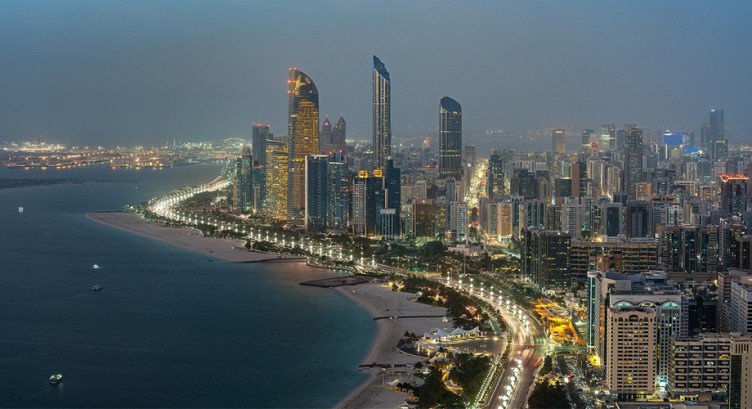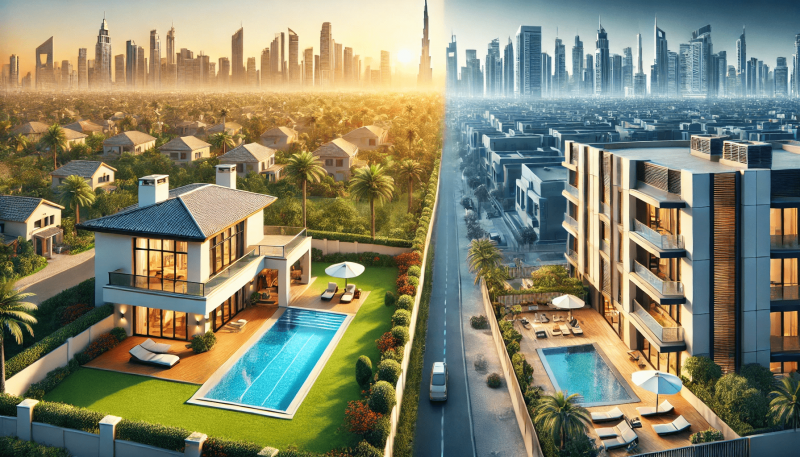Introduction
The UAE Golden Visa has become a game-changer for real estate investors. By linking property ownership with long-term residency, the program encourages both expatriates and global investors to invest in the UAE’s dynamic real estate market. This article explains everything you need to know about the Golden Visa and its connection to property investment.
What is the UAE Golden Visa?
The Golden Visa is a long-term residency program that grants investors, entrepreneurs, and specialized professionals the right to live, work, and study in the UAE for 5 or 10 years. For real estate investors, the Golden Visa provides stability and peace of mind, making it easier to plan long-term investments.
Eligibility for Real Estate Investors
To qualify for a Golden Visa through real estate, applicants generally need:
Property value: Minimum AED 2 million in a property or multiple properties combined.
Ownership: Freehold ownership in designated areas such as Dubai, Abu Dhabi, and select emirates.
Financial stability: Proof of income and the ability to maintain the property.
Note: Requirements may vary slightly between emirates and are subject to periodic updates by UAE authorities.
Benefits of a Golden Visa for Property Investors
Long-Term Residency – 5 or 10-year visa, renewable, allowing investors and their families to live in the UAE securely.
Business Opportunities – Enables investors to establish companies or expand existing businesses in the UAE.
Education & Healthcare Access – Investors and their families can access UAE schools and healthcare facilities without restrictions.
Property Investment Growth – Stability encourages long-term investment in both luxury and mid-market properties.
Ease of Travel – Facilitates easier travel and residency management within the UAE.
How Real Estate Ties Into the Golden Visa
The UAE encourages high-value property ownership by linking it to visa eligibility. Luxury villas, branded residences, and waterfront apartments in Dubai, Abu Dhabi, and Sharjah are all popular choices. Developers like Emaar, Aldar, DAMAC, and Dubai Holding actively promote properties suitable for Golden Visa eligibility.
Key Tips for Investors
Choose freehold properties: Only freehold ownership qualifies for the Golden Visa.
Check developer credibility: Ensure the project is registered with the UAE Land Department.
Understand resale potential: High-demand areas often guarantee better rental yields and appreciation.
Stay updated on regulations: Golden Visa requirements and property eligibility rules may change.
Popular Locations for Golden Visa-Eligible Properties
Dubai: Downtown Dubai, Dubai Marina, Palm Jumeirah, Jumeirah Village Circle.
Abu Dhabi: Yas Island, Saadiyat Island, Al Raha Beach.
Sharjah & Northern Emirates: Emerging residential communities with affordable investment options.
Conclusion
The UAE Golden Visa has transformed real estate investment, providing security, stability, and a gateway to long-term residency. By understanding the eligibility criteria, benefits, and strategic property choices, investors can maximize both lifestyle advantages and financial returns in the UAE property market.




